EDITORIAL
Published on 16 Aug 2024
Editorial: Consequences of the COVID-19 pandemic for evidence-based public health measures fostering child and adolescent mental health
doi 10.3389/fpubh.2024.1470043
- 527 views
12k
Total downloads
40k
Total views and downloads
EDITORIAL
Published on 16 Aug 2024
ORIGINAL RESEARCH
Published on 18 Jul 2024

ORIGINAL RESEARCH
Published on 19 Jun 2024

ORIGINAL RESEARCH
Published on 14 May 2024
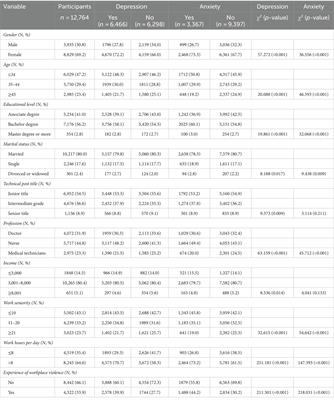
ORIGINAL RESEARCH
Published on 12 Apr 2024
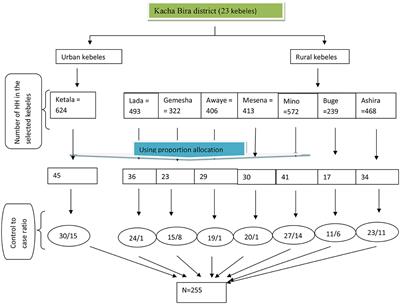
ORIGINAL RESEARCH
Published on 04 Apr 2024
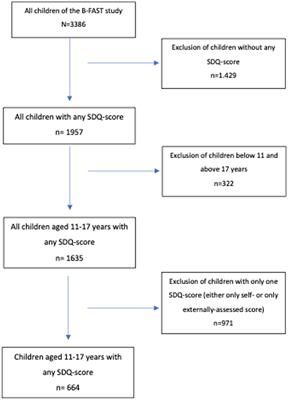
ORIGINAL RESEARCH
Published on 21 Mar 2024
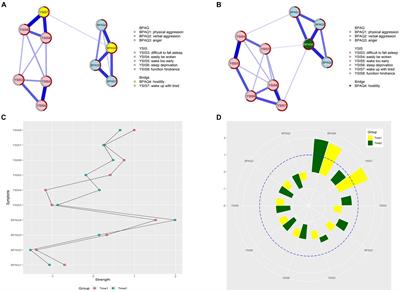
ORIGINAL RESEARCH
Published on 18 Mar 2024
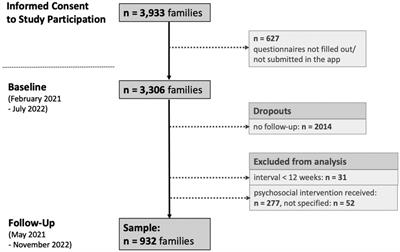
ORIGINAL RESEARCH
Published on 16 Feb 2024

SYSTEMATIC REVIEW
Published on 14 Feb 2024

ORIGINAL RESEARCH
Published on 12 Feb 2024
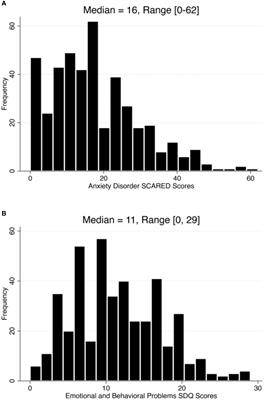
ORIGINAL RESEARCH
Published on 11 Jan 2024

